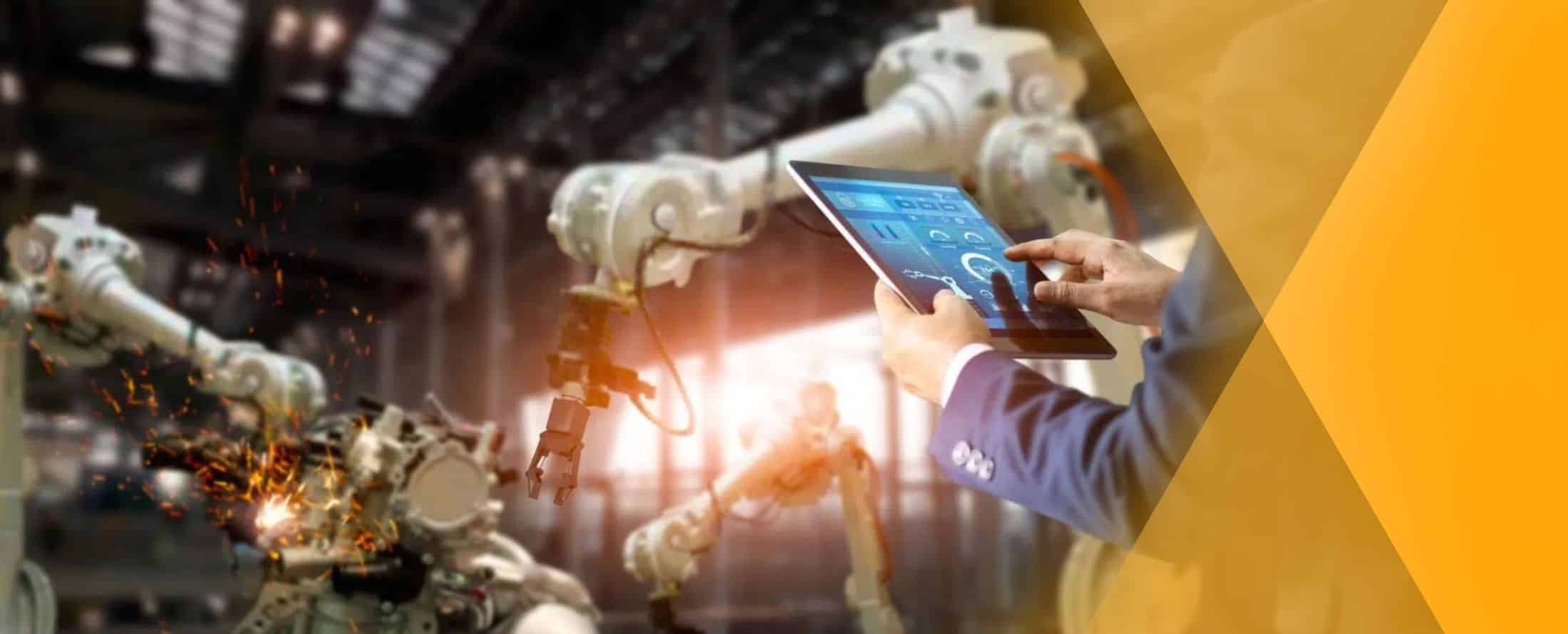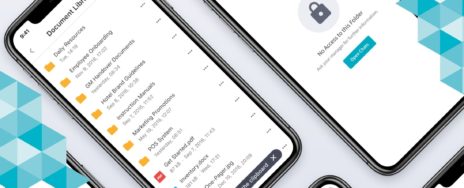Artificial intelligence (AI) has slowly, but surely, seeped into both our personal and professional lives. If you have doubts about that statement, just ask Siri, Alexa, or ChatGPT what they think about it.
Dive into Beekeeper’s AI-Powered Frontline Intelligence Package
There are plenty of doom and gloom predictions around AI and how robots will take over our jobs. But that won’t happen. AI will remove some jobs from the market, but it will also create others.
AI is here to help us, and its contribution to the workplace will be twofold:
- AI won’t remove us from the workplace, but it will automate menial and repetitive tasks and free us up to do more complex operations
- AI will enhance the effectiveness of employees in the workplace
There are multiple benefits of artificial intelligence in the workplace, and here are three that are easy to miss, but can make a significant impact on your business.
1) Benefits Of Artificial Intelligence In The Workplace— Increased Productivity
Businesses are using artificial intelligence to improve the productivity of their employees. One of the benefits of AI for business is that it handles repetitive tasks across an organization so that employees can focus on creative solutions, complex problem-solving, and impactful work.
One example of that is chatbots.
AI-operated chatbots became a must for teams that have daily, direct interactions with customers and rely on fast, accurate, and timely customer support.
From information gathering to initiating the process of filing customer complaints, the manual time needed to complete these tasks has been dramatically reduced by chatbots. It has also improved the overall customer experience. Reducing administrative tasks will also help to eliminate human error from your customer operations.
Although chatbots still don’t quite have that human touch, they are getting better at natural-sounding conversations every day.
Chatbots won’t completely take over customer support, but they can handle repetitive tasks and help customer support reps perform better at their jobs. There are already AI tools that use behavioral science to help customer service reps provide better support.
That will result in increased productivity and job satisfaction for employees, and higher profitability for the business.
2) Turn Complex Data Into Digestible Insights— The Benefits Of AI For Business
It’s impossible to run a competitive business without data. And even if you obtain it, hiring someone to read all of that data and provide valuable insights is even harder. Good data scientists are almost impossible to find in today’s market.
But one of the benefits of AI is that it can help companies decipher their data and gain valuable insights from it without a data scientist on staff.
AI applications that provide big data insights can:
- Identify important changes in patterns
- Isolate trends
- Create detailed reports that can help companies see if they are on the right track
- Perform deep-content analysis and do evidence-based reasoning
- Uncover any changes in the customer’s behavior that might affect the business’s bottom line
- Predict what key business metrics the company needs to track to optimize performance
Gaining insights from data — something that used to require a lot of time and manual effort— can now be done with artificial intelligence.
This unlocks a lot of potential from employees that can be used to improve customer service and make smarter business decisions.
One example would be a bank that uses AI for recommending financial products. The basis of the recommendation is an AI analysis of available funds, current market conditions, and customers’ past decisions.
3) AI Increases Data And Information Security
“Catch Me If You Can,” is a movie where Leonardo DiCaprio plays Frank Abagnale, a con artist who managed to dupe people out of millions of dollars. But Abagnale eventually turned his life around, confessing his wrongs, serving a brief prison sentence, and finally he ended up working with the FBI to help catch other con artists. Abagnale eventually created a security company and has been a security consultant for the past 30 years.
But one thing he said at his Google talk was quite scary, “What I did was almost 50 years ago, and it’s about 4,000 times easier today to con people than when I did it.”
Data security breaches are leaking a substantial amount of personal information and, most of the time, the company that has the breach is unaware of it.
But AI can help change that.
We, at Beekeeper, consider data confidentiality and integrity, a top priority, and invest heavily in data and information security.
According to this Chrome report, “53 percent of frontline workers use messaging apps such as Facebook Messenger or WhatsApp up to six times a day for work-related reasons. But 68 percent of them said they’d stop if given approved internal communication tools.”
Using WhatsApp, an application that ranks the worst at protecting your privacy, for business purposes is extremely dangerous since it’s just a security breach waiting to happen.
But with Beekeeper, you’re giving your employees a secure business communication option with:
- Fully-monitored user controls
- Best-in-class 256-bit TLS encryption
- GDPR Compliance
How can Artificial Intelligence (AI) and Machine Learning enable managers to make better decisions and reduce turnover? Download our eBook to learn more!
Most Frequently Asked Questions
Artificial intelligence refers to computer systems able to perform tasks that normally require human intelligence. Companies can use artificial intelligence in the workplace to improve the productivity of their employees.
Artificial intelligence can increase productivity, help understand complex data, and can increase data and information security
AI will remove some jobs from the market, but it will also create others. AI is here to help us, and its contribution to the workplace will be twofold:
1. AI won’t remove us from the workplace, but it will automate menial and repetitive tasks and free us up to do more complex operations.
2. AI will enhance the effectiveness of employees in the workplace.





